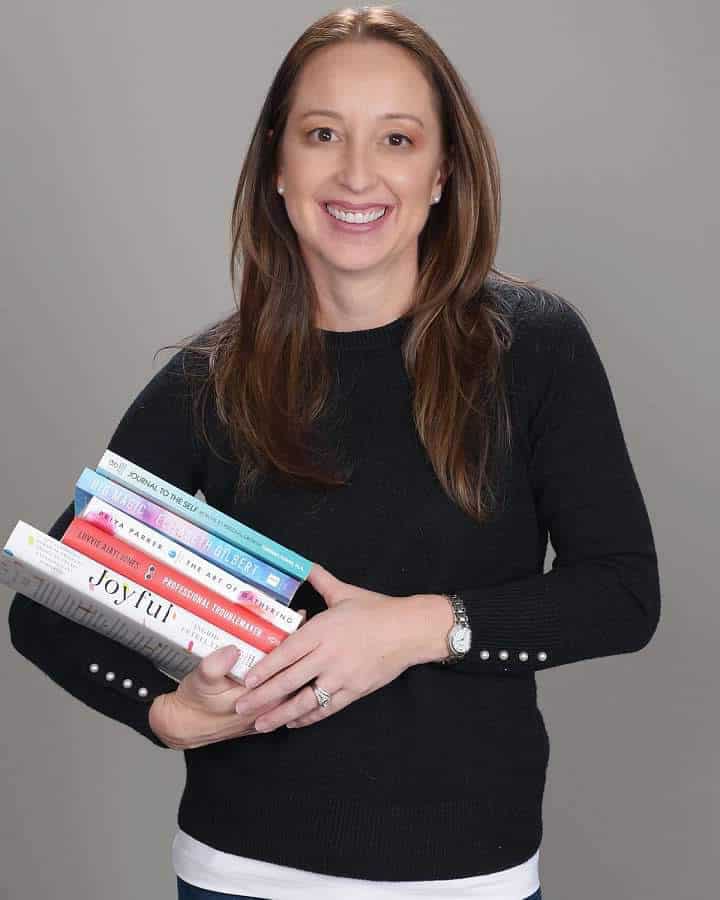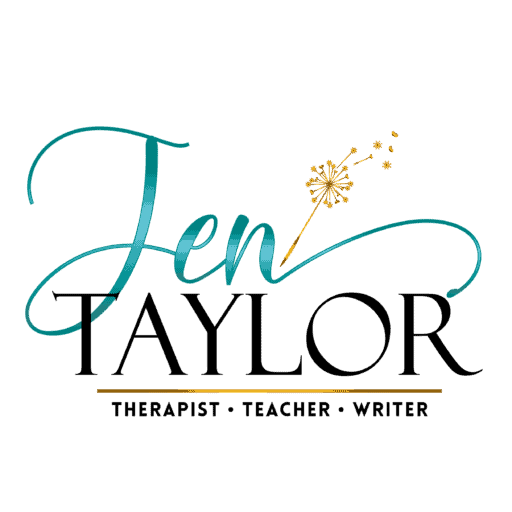The Reading Habit I Regret Most: And why I plan to read fewer books in 2024
As 2023 ended, I saw some posts on social media of people sharing how many books they read last year. 12, 20, 120, etc.
I loved seeing those posts because I know what it feels like to read 100+ books in a year. You are a bibliophile - a powerhouse. It's like you squeezed more hours out of the year.
How many books are you reading per year?

I read a lot of books last year too. I didn't keep count because I have permission to quit books I don't like and I get a ton of books from the library that I plan to read but don't get to before the due date.
Quitting books I don't like and saving money by getting them at the library (or Libby App) are two of my good reading habits.
But, last year a series of synchronicities revealed the reading habit that I regret the most.
What is this regrettable reading habit?
Not taking notes, especially for non-fiction books.
I have read so many really good books over the past 15 years - really, really good books. And I didn't take enough notes. I took a lot of screenshots (not sure why I thought that was the best strategy). I have some book quotes saved on a Pinterest board somewhere. But I don't have really good notes on the best books I've ever read.
Why didn't I take notes? I think it started back in college when I was selling books back at the end of every semester. Nice, clean, perfect books without any highlights get more money when you sell them back. And can you guess how many books I have sold since college?
Yup. ZERO.
Why your reading habits matter so much
If you also read a lot, you are probably learning a lot as well. The problem is that I can't always remember HOW I know these things or WHERE I learned that information. But in 2023, I stumbled upon this video on How to Take Notes with Alex & Books. He has a really great system for the books that you want to summarize learning. You should definitely watch his video. Alex & Books recommends taking notes on the inside front and back cover of your books! He says:
Rather than having to go through each page and search for your highlighted passages, you have your own table of contents of meaningful passages in the front AND a summary of all of your actionable advice (in your own words) in the back. If you ever need to go back to a book to find something important for a presentation - you can quickly scan the front and back covers and get everything you need in just a few minutes. Alex & BooksYou might be thinking, "What if I read the books online or listen to the audio?" You need a system that is portable! You need a way to capture your notes on all types of material all the time.
That's where the "other guy" doing the interview in the video comes in- that's Tiago Forte, author Building a Second Brain. Tiago Forte has thousands of students who started taking notes after learning his system (and I am one of them).
His book, Building a Second Brain changed my digital life. That is not an exaggeration. But I did struggle with putting it all into practice until I took the follow-up course last year. That is when it all clicked. *I am sharing an affiliate link for the course here because it's that much of a game-changer. Seriously.
How to turn your reading habit into a knowledge management system
After reading Forte's book, building my own second brain became a bit of an obsession in 2023. A second brain is a personal knowledge management system: a place and a method for sorting and storing all of the important information that runs your digital life. *Note, it is a place AND A SYSTEM. That second part is important. Why?
Well, philosopher and author, Arthur Schopenhauer (Essays and Aphorisms) talks about accumulating knowledge without reflection:
You may accumulate a vast amount of knowledge but it will be of far less value to you than a much smaller amount if you have not thought it over for yourself; because only through ordering what you know by comparing every truth with every other truth can you take complete possession of your knowledge and get it into your power. Philosopher and author, Arthur Schopenhauer
Correcting my bad reading habits: I had to re-read my favorite books
To correct some of my bad reading habits, I realized that I would need to go back and re-read some of my favorite books. I pledged not to read anything new until I had completed one set of book notes using my new reading habits and my second brain. But I also pledged to follow through on not just collecting a bunch of notes, but on actually sharing them as well.
That's the most important part of the Building a Second Brain method - taking what you read, organizing it in a logical way so you can find it later, and then using those pieces of information for your own creative work.
So, I started reading and taking notes on The Gifts of Imperfection by Brene Brown. (a modern classic that most therapists and millions of others have read). Brown released a new edition of this book for the 10th anniversary. I checked out a digital copy from the Libby app. Of all the notes I took on this book, this one is the one that I put into practice immediately - and have been using for every book since!
Reading (and taking notes) on "The Gifts of Imperfection"
The tool in The Gifts of Imperfection that I found really helpful was her "Integration Index."
What's an Integration Index?
Unlike the traditional index in the back of a book with page numbers linked to content; your personal integration index captures the page numbers of things that stood out for you in the book, and to connect themes that resonated with you.
It's custom-fitted to the things that actually mattered to you!
Wow! The first book I re-read has the perfect system for taking notes (not just on the content of the book) but on how the book resonates with me and how I can apply that in my life.
It's also a place to keep track of your rabbit holes (like other books she recommends or things that you want to follow-up on)
This is a game-changer, y'all.
Brilliant readers who have been doing this for years, I now understand why you are so brilliant. Next time, share your secrets.
Reading, Capturing and Integrating what you have read
From Gifts of Imperfection, Brene offers the common categories she uses to take notes. I'll give you a few of them, but if you want the whole list, go get it from the source. It's categories like these:
- Beautiful words
- I want to work on this
- Quotes
- Read more
- Takeaways
Brown says the Integration Index isn't note-taking, but rather "it's sense-making, and it maybe the essence of scholarly work."
Brown's recommendation is to go slower, sit with the book, practice the things, and follow the rabbits (other books or resources) that were mentioned in the book before rushing off to the next book. And Forte agrees. He believes that being more selective about what you take in is one of the most effective strategies for readers.
So, my new goal is to read FEWER books and really INTEGRATE them over the next 12 months. One of the quotes I saved in my integration index for The Gifts of Imperfection reminds me that:
The only unique contribution we make in this world will be born of our creativity. Brene Brown
PS. Continue to read as many books as you want and take notes in them or about them - or don't. Reading any number of books a year will bring joy to your life! That is good enough just in itself.
But it you want to try to integrate more information - well, then let me know how if this system works for you.
We can compare notes 🙂
If you found this helpful, subscribe to my mailing list for tips and strategies to help make the unmanageable or seemingly impossible feel a little more do-able! My focus is on actionable ways to thrive emotionally, excel professionally, and energize your own creativity.

I am moved by what you do not of your age, gender passion but being creative and selfless